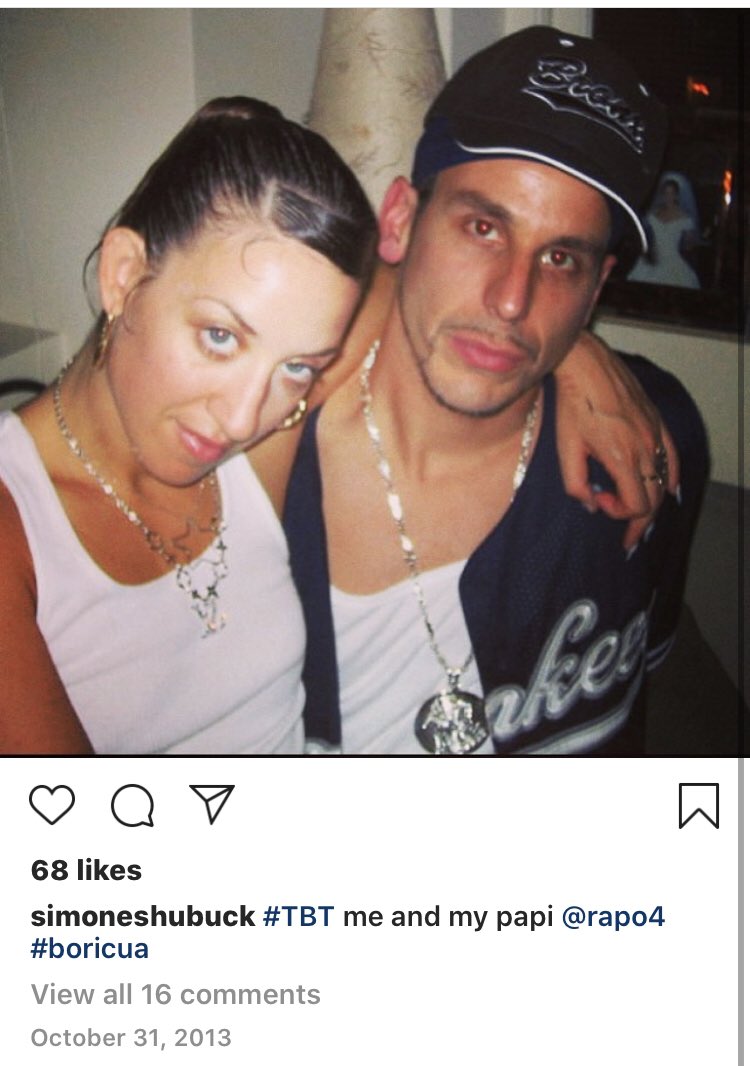Alright. It's entirely incidental to the point I was making so I don't feel particularly invested in defending his actions being the way he said they were.
Replace it with one of the news stories about a politician wearing blackface if it makes you feel better, or fill in what you think would work better as a racist caricature outfit depicting someone from Puerto Rico.
I stand by my original statement that if you think to yourself "I'm going to go to this Halloween party as a Puerto Rican (or any race)" you honestly shouldn't do that, regardless of what comes into your mind when you picture that race, since races aren't costumes.
I'm not sure why you would think Boricua is related to food. It means a person from Puerto Rico. It's like arguing that "#new-yorkers" is about food. If it was about food, or his costume wasn't what it was, why would the picture just randomly be labeled with either this unknown food term despite no food being in the picture, or why would you go to a costume party not wearing a costume or as a generic baseball fan and post a picture of yourself labeled "Puerto Rican"? And then resign, referencing the Halloween costume amongst the list of racial insensitivities behind that choice?
The person in the article who used the term brownface is a person who actually worked with him and would presumably be able to tell if he had put on makeup to change his skin tone.

The whole thing is great, but for me 3:50 is where you can really pick up the whole vibe in just about a minute. Particularly the perfectly respectful way of handling not knowing how to pronounce someone's name. And then lapsing into a hallucinogenic zone out time.